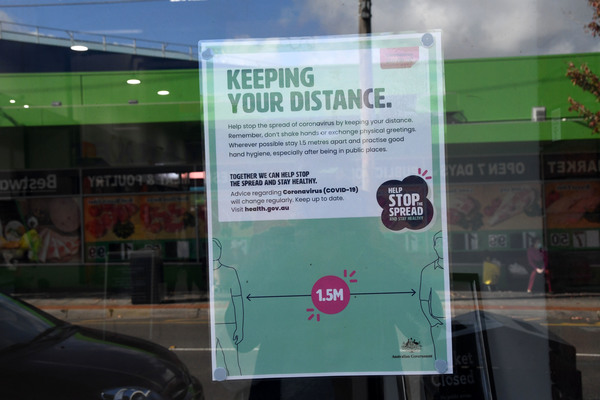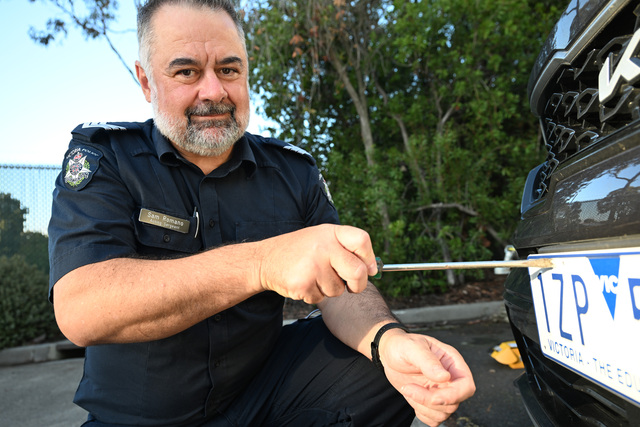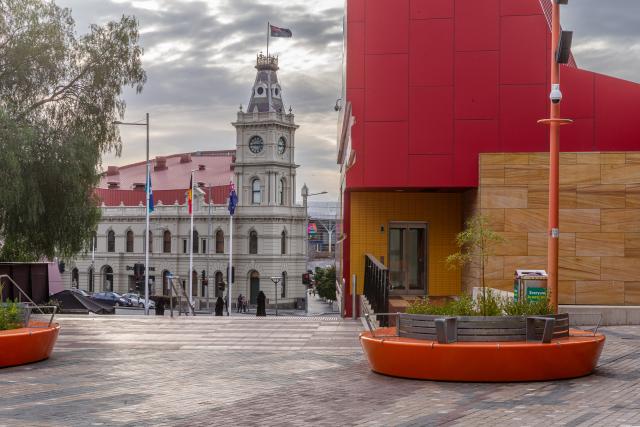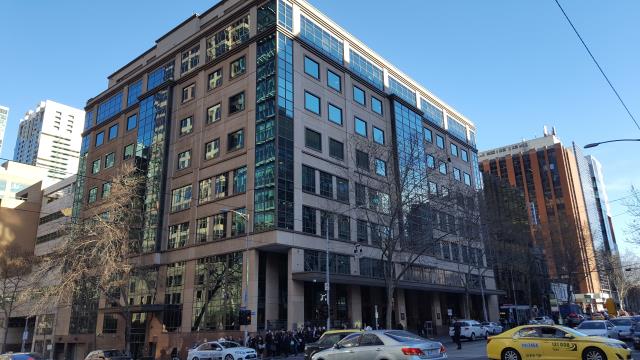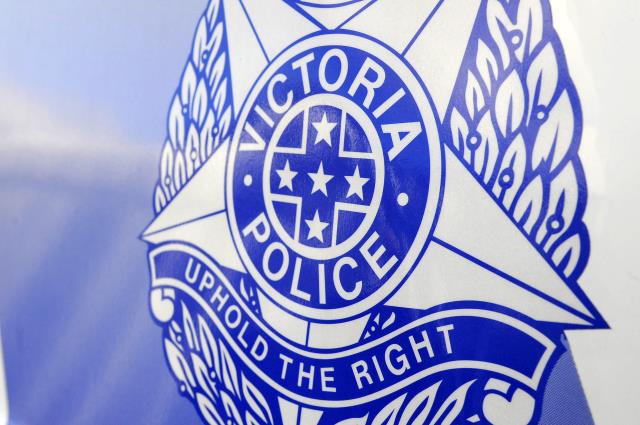Paying the bills and job losses are the chief concerns of about 150 local CALD families during the coronavirus pandemic, according to a survey of a Greater Dandenong-based welfare agency.
Since March, South East Community Links has gifted more than $54,000 in emergency relief, court funds and critical support grants to its clients.
It has offered a phone-based service during the pandemic, with the aim of getting relief to families within 24 hours.
“Our phones are answered by people who know our local area and with a knowledge of what’s happening in the community,” chief executive Rhonda Cumberland said in the service’s latest newsletter.
“Person-to-person phone contact made an important difference to clients in distress.”
Over the past seven weeks, 58 per cent of its surveyed families were worried about paying future bills.
About 40 percent had lost a job or had reduced paid work, with 32 per cent worried about keeping their employment.
Other stresses were greater isolation (43 per cent), children not maintaining their education (26 per cent) and paying rent (21 per cent).
Teenagers were feeling isolation (77 per cent) even more acutely. About 57 per cent expressed difficulties living with everyone at home.
SECL services general manager Chris Pierson said it was “particularly sad” that surveyed CALD high-school students were struggling to keep up with schoolwork (42 per cent).
“A lot of them would already have really big disruptions to their education because they were either in a (refugee) camp or in a place where they were not allowed to go to school.”
In remote learning, the parents – whose first language is often not English – would be unable to help.
“Just running extra homework clubs won’t be enough,” Mr Pierson said.
“We need to think about how we’re going to support these kids.”
In the meantime, as of 10 May, Greater Dandenong recorded its last reported case of coronavirus infection a week earlier.
Its total cases have since remained at 15 – with just one of those considered “active”.
In recent days, Victoria has recorded a new spike of double-digit numbers of new cases in Covid-19.
At least 76 cases have been associated with a cluster at the Cedar Meats factory in Melbourne’s west.
As of 10 May, Victoria had recorded 1487 infections, including 1346 recovered, seven in hospital and five in ICU.
Eighteen Victorians had died with Covid-19 – the last death was on 28 April.
With the state on the brink of reviewing stage-3 restrictions, the Government announced a continuation of its corona testing blitz.
In the past two weeks, more than 160,000 Victorians were tested. Another 150,000 are expected by the end of May.
“The testing blitz has helped us understand how the virus is moving through the community – these extra measures will ensure we continue to understand its movements and protect Victorians,” Health Minister Jenny Mikakos said.
She also announced rapid-response “outbreak squads” of public health specialists to tackle more expected Covid-19 outbreaks as social restrictions ease.
“We have to stay vigilant until there is a vaccine, which is why we’re boosting our public health surveillance and response capacity, to keep Victorians safe as we move into the next phase of our pandemic response.”
On 10 May, Victoria Police issued 44 fines for breaching social distancing and self-isolation rules.
They included a man who’d already been fined twice for loitering in public places in Frankston, and six people viewing the Twelve Apostles in a closed area.

